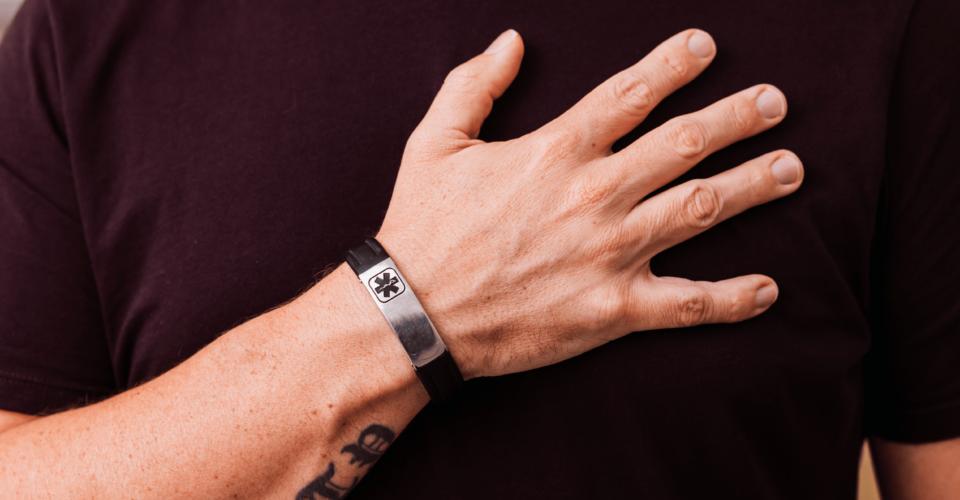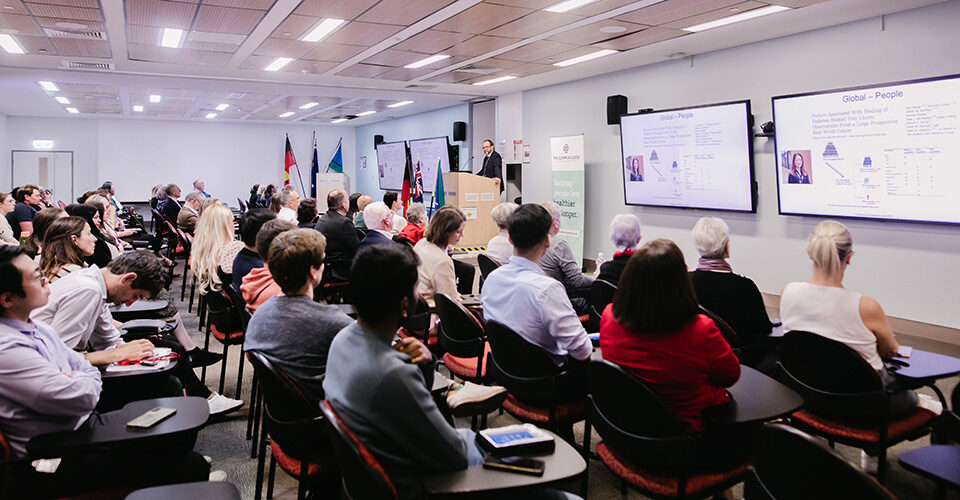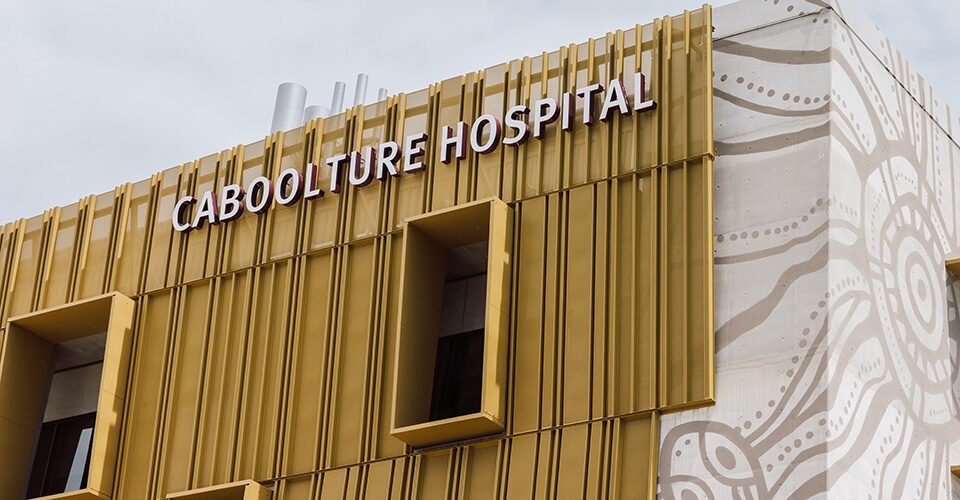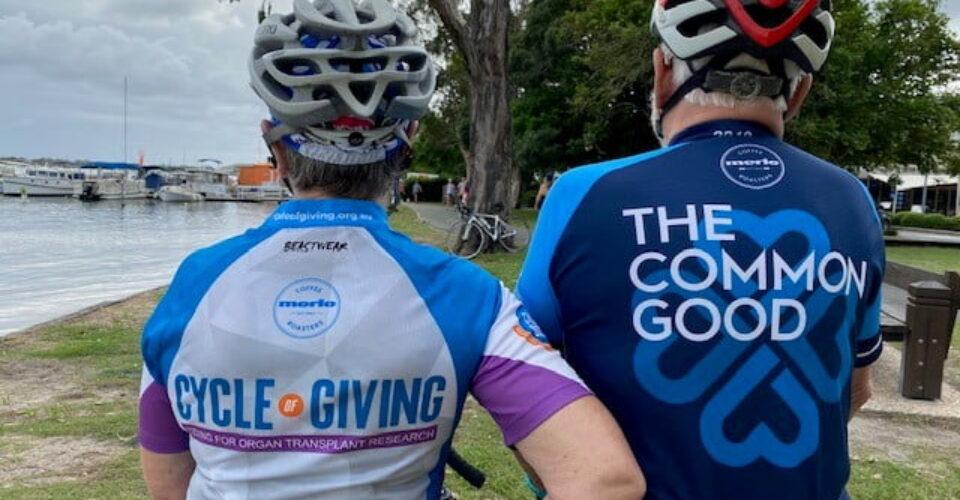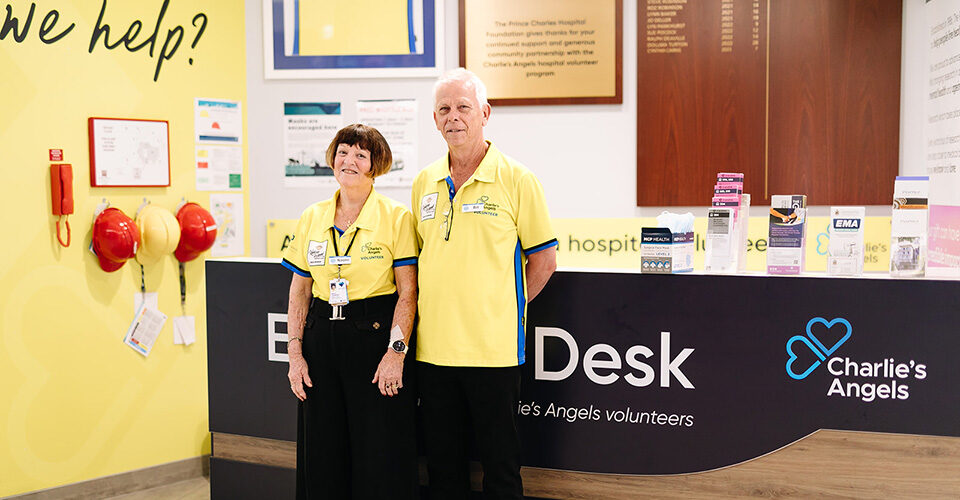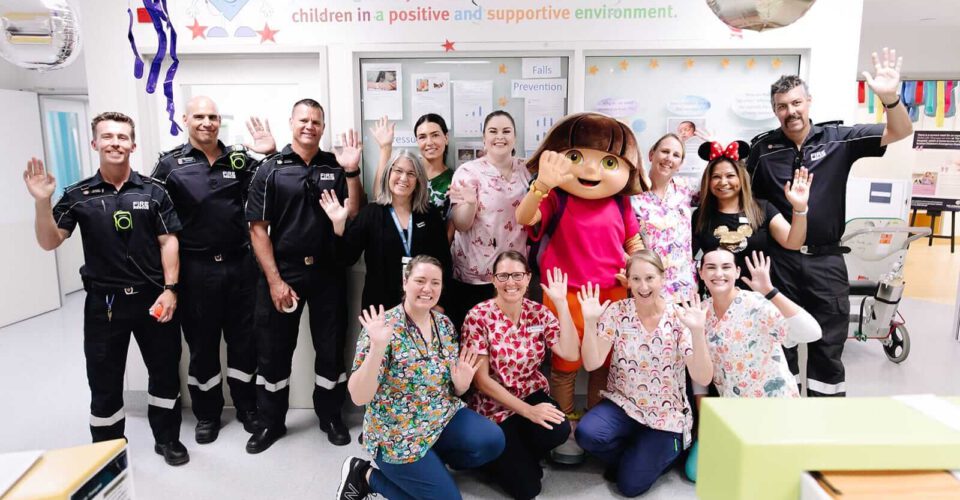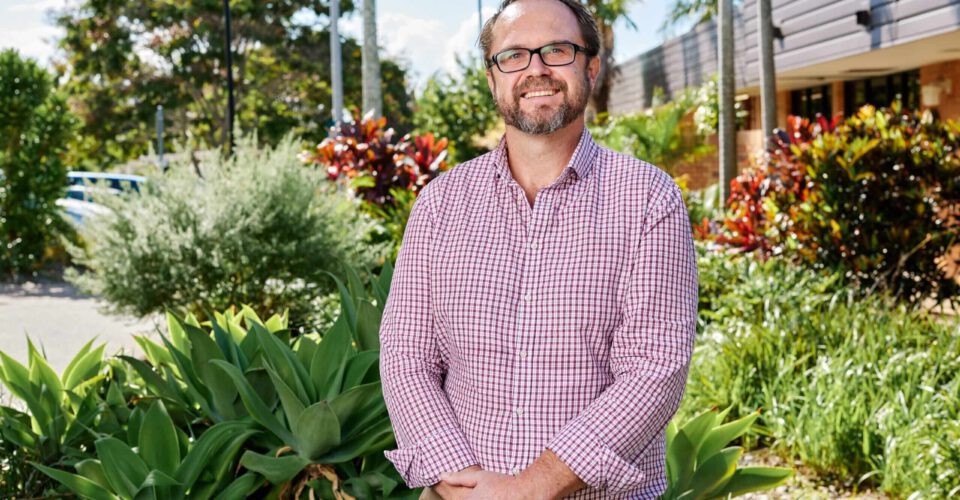As the leading cause of death in Australia for the past several decades, heart disease has sadly touched the lives of hundreds of thousands of people across the country.
And while there has been progress in the battle against heart disease, more research is urgently needed.
At The Prince Charles Hospital Foundation, it is our mission to support groundbreaking research that can lead to life-saving advancements. But we need help from generous people so the researchers we support can continue their incredible work on the front lines, exploring new drug treatments, transplant techniques, and diagnostic tools in the fight against heart disease.
In this blog, we aim to shed some light on what heart disease is and research underway that may help those impacted live healthier, longer lives.
What is Heart Disease?
Your heart is a complex muscular organ that has vital functions, such as pumping blood around your body, ensuring blood pressure is maintained and controlling the speed and rhythm of your heart rate.
When you hear the term ‘heart disease’, it could be referring to a range of things, as heart disease is an overarching term used to describe many conditions that impact the heart. Heart failure, arrhythmias (irregular heart rhythms), cardiomyopathy and coronary artery disease are all considered to be types of heart disease.
Heart disease may also be referred to as coronary heart disease or ischaemic heart disease.
About your Heart
Several components make up our hearts and allow them to do their job properly.
- Walls: Your heart wall consists of three layers – the endocardium (inner), myocardium (muscle) and epicardium (outer) layers.
- Chambers: There are four chambers within the heart. The two on the top are your left atrium and right atrium, and the bottom two are the left and right ventricles.
- Valves: Valves control the blood flow between the heart’s chambers. They include the mitral valve, aortic valve, pulmonary valve and tricuspid valve.
- Blood vessels: Blood is pumped through arteries, veins and capillaries. Coronary arteries provide nutrients and oxygen to the heart.
- Electrical conduction system: The speed of your heartbeat and its rhythm are managed by the heart’s conduction system.
What is the main cause of heart disease?
The cause of a person’s heart disease will differ depending on the type of heart disease they are experiencing. Symptoms and treatments also vary depending on the condition.
Common Heart Conditions
- Coronary Artery Disease is when the coronary arteries that supply blood to the heart become narrowed or blocked due to plaque build-up. Those with a family history of the disease may have an increased risk of this disease developing. Other risk factors include high blood pressure, diabetes, autoimmune diseases, insufficient sleep and exercise and chronic kidney disease.
- Heart attack occurs when blood flow to a part of the heart is stopped or significantly reduced suddenly. This is typically caused by a blockage in one or more of the arteries that supply blood to the heart. This blockage impacts the amount of oxygen the heart receives. If the blood flow is not restored, the heart muscle will begin to die and permanent damage to the heart or even death can occur.
- Arrhythmia is a disorder affecting the rhythm of the heart; for example, the heartbeat is too slow, too fast or irregular. Causes of arrhythmias include high blood pressure, valve conditions, cardiomyopathy, high blood pressure, and coronary artery disease.
- Cardiomyopathy describes conditions that impact the heart muscle. Causes may be genetic, or this may be the result of several other conditions such as diabetes, thyroid disease, sarcoidosis, inflammation of the heart and coronary artery disease.
- Heart Valve Disease is when one or more of the four valves in the heart are not functioning as they should, disturbing the blood flow through the heart. Heart valve diseases may be present at birth, or they may be the result of factors such as infection or aging.
- Heart Failure is when your heart doesn’t pump blood around the body as well as it should. It can be the result of a heart attack and other conditions that may have damaged or weakened the heart, including high blood pressure, arrhythmias, damage to the heart muscle and heart valve conditions.
Need for more Heart Disease Research
Heart disease has remained the leading cause of death in Australia for decades. It’s important to remember the people behind the statistics – those who lost their lives as a result of heart-related conditions or those who lost loved ones.
And while rates of death have declined significantly over the years, thanks to a better understanding of the causes and technological advances, there is an urgent need for more research into heart disease and heart conditions.
The researchers we support are striving to improve treatment options for people impacted by heart disease and heart failure.
The Cardiovascular Molecular and Therapeutics Translational Research Group based in The Prince Charles Hospital’s Clinical Sciences building, works on testing and developing new medicines for those with heart failure. Due to their location within the hospital campus, they are able to test directly on human heart tissue generously donated by patients undergoing heart transplant. In particular, one researcher is investigating certain drugs and their ability to prevent dangerous arrhythmias.
Give the gift of time to heart researchers this Christmas
Can you help to fast-track crucial heart disease research?
Your donation this Christmas can provide hope and unlock the potential for brighter, more heartwarming times for those impacted by heart disease.
